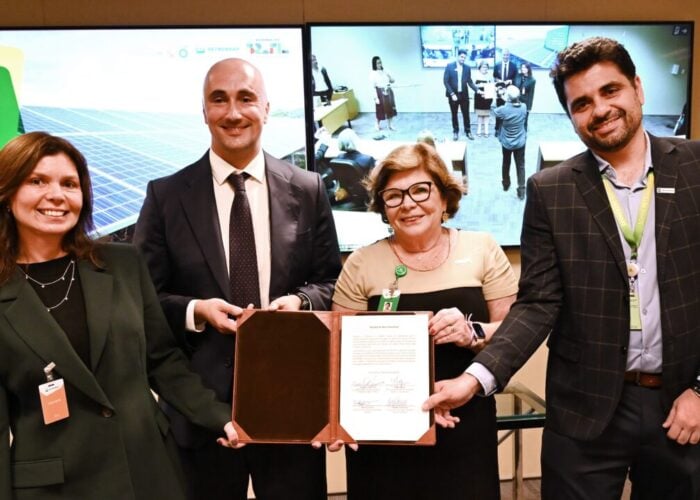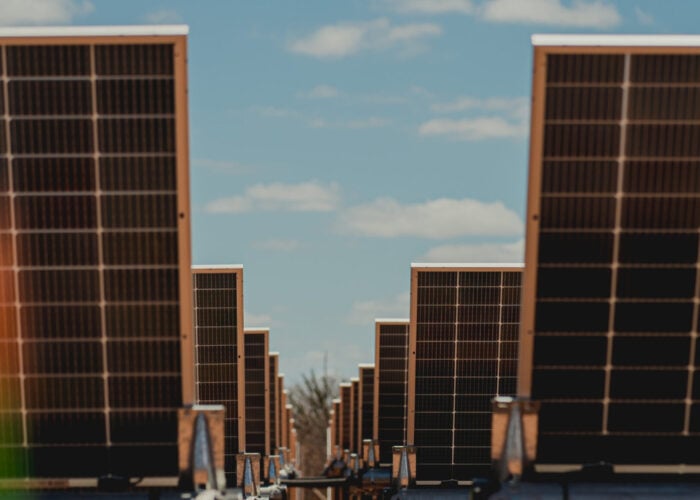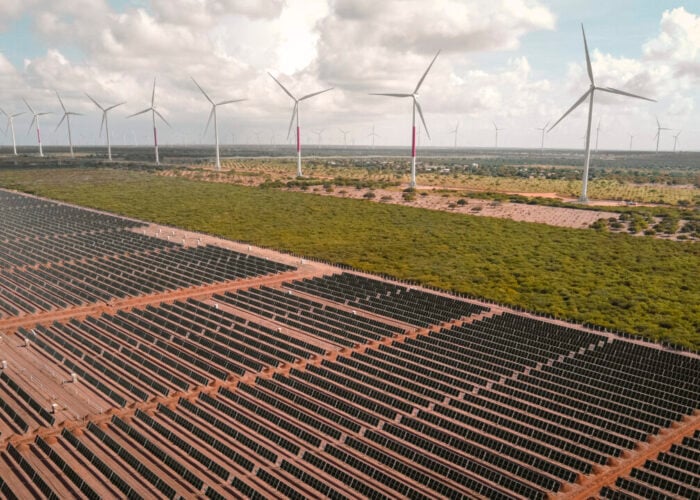
Representatives of Brazil’s Chamber of Mines and Energy Committee have approved legislation that includes new solar financing options and tax exemptions for solar cell and module imports, but the proposals must still pass through two more commissions to become law, according to a leading industry figure.
The Brazilian legislation 8322 / 2014, which is still under discussion, would introduce an exemption from import taxes for monocrystalline and polycrystalline solar cells as well as PV modules, Rodrigo Sauaia, executive director of the Brazilian Solar Industry Association Absolar, told PV Tech.
Try Premium for just $1
- Full premium access for the first month at only $1
- Converts to an annual rate after 30 days unless cancelled
- Cancel anytime during the trial period
Premium Benefits
- Expert industry analysis and interviews
- Digital access to PV Tech Power journal
- Exclusive event discounts
Or get the full Premium subscription right away
Or continue reading this article for free
Sauaia added that this would be beneficial in supporting the development of a local value chain with more attractive solar prices for the consumer.
However, the exemption applies only as long as there is no national production of these components within Brazil. The country does not currently produce solar cells and Sauaia does not expect solar cells to be manufactured locally before 2020, although he claims it is difficult to predict.
On the other hand, there are already factories producing solar modules in Brazil, but if by chance they were to stop producing then there would be a reduction of the import tax for overseas equipment.
The legislation would also reduce taxes including IPI, a tax on industrialised products as well as PIF and Cofins, which are federal level taxes. Imports of several other PV components would also benefit from these reductions.
Sauaia said the proposals also include a new financing option for the solar segment, specifically for end-consumers and residencies that want to install PV systems using SGTS, which is a specific labourer-based fund which can be accessed by workers in Brazil and is normally used for financing a house or apartment. Under the proposals, the fund would also apply to PV systems for housing.
Sauaia added: “This would be a very interesting way to diversify financing sources for end-consumers and specifically for those who are not companies and who currently have a harder time finding options with reasonable prices and interest rates.”
The import tax is not the overall highest tax being applied to solar technology in Brazil, because the IPI, Cofins and ICMS sales tax, all carry a heavier tax burden than the import tax alone.
Sauaia added: “Combined, all these taxes represent a significant burden over the competitiveness of PV in comparison with other electricity generation sources, which already benefit from several tax exemptions and tax reductions. Even some of the non-renewable energy sources have access to tax exemptions and tax reductions.”
Sauaia said the proposals also mature the discussion around financing, which is one of the “crucial bottlenecks” against accelerating the use of solar energy in Brazil.






